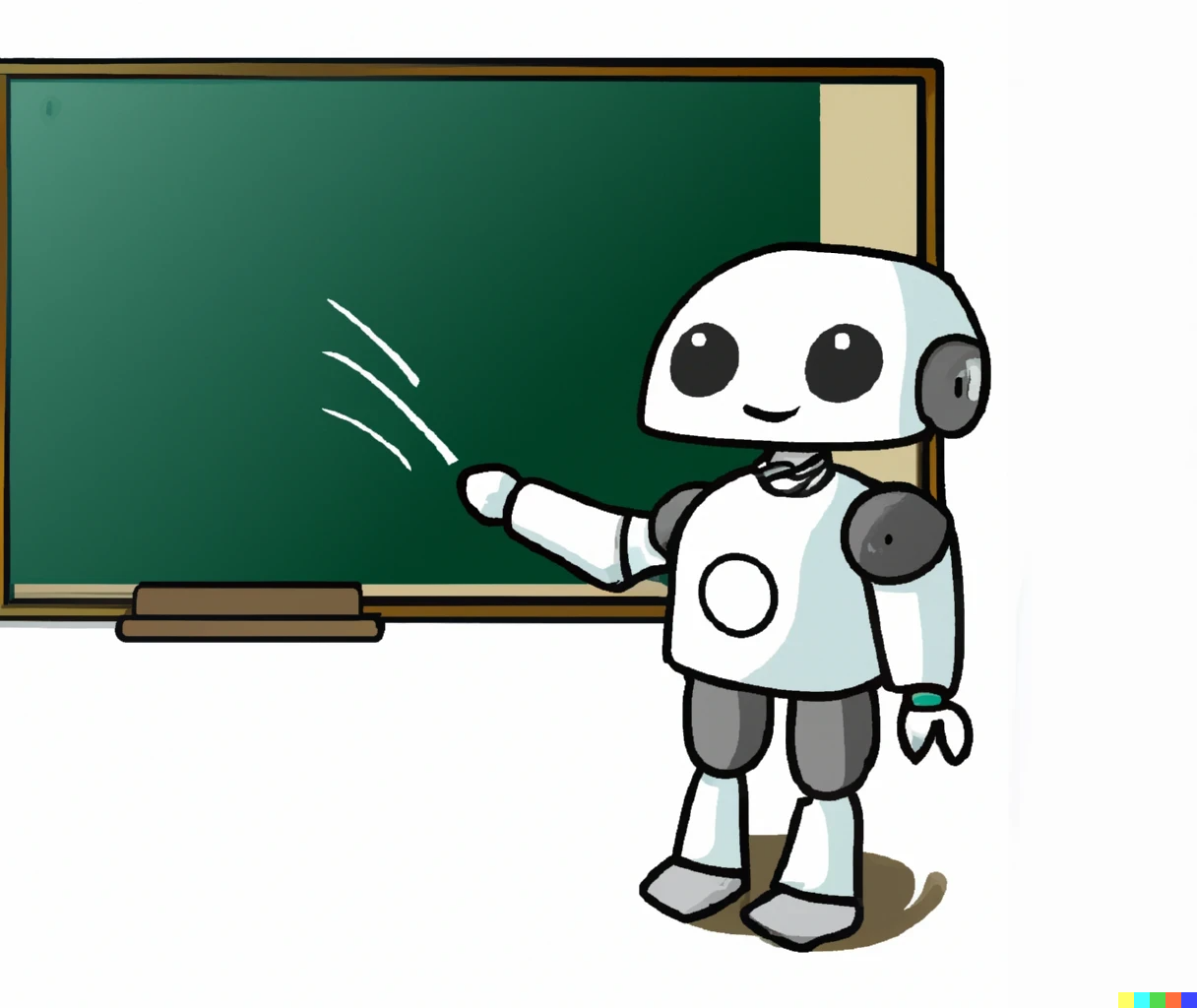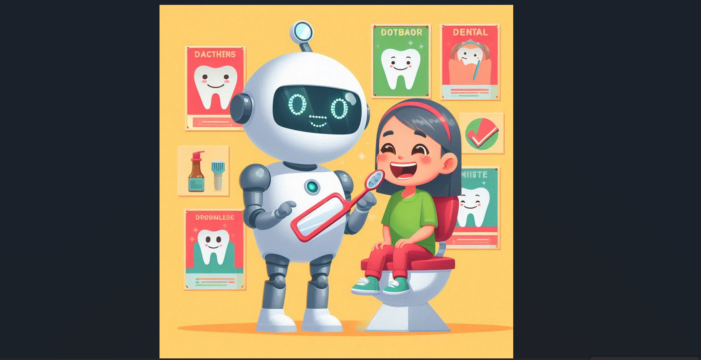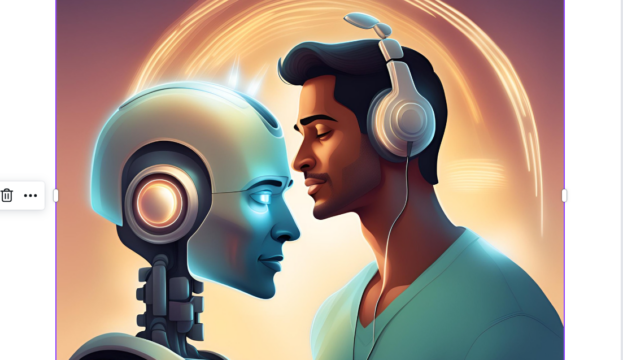AI is about to open up careers for today’s youth in great numbers and ways. In a survey by Thomson Reuters 67% of working professionals surveyed believe AI will have a great impact on their profession in the next five years, while more than 50% predict the technology will create new career paths.
India is strong on AI skilling. The latest QS World University Rankings show more than 72 Indian universities listed for excellence in data science and AI courses. Among them, IIT Bombay, IIT Kanpur, IIT Kharagpur, and IISc Bangalore rank among the top 50, with IIT Guwahati also making it into the top 72. Until 2023, no Indian institution featured in these rankings.
Read more: Upping tomorrow’s tech game with skilling & upskilling
IIT Delhi recently opened applications for the third batch of its Certificate Program in Machine Learning and Deep Learning, aiming to equip professionals with essential skills in rapidly growing fields.
In Jensen Huang’s visit to India last year, he praised the IITs calling them global talent incubators, and predicting that India will play a crucial role in shaping AI’s future.
But what can educational institutes and business organizations do to build AI skilling now and in the future?
The Tech Panda spoke to Ruban Phukan, Co-founder and CEO of GoodGist, an upskilling organization that innovates with AI and autonomous learning. Phukan says that while these organizations definitely play a significant role in AI skilling of the population, the pedagogy requires a shift to succeed at scale.

Educational institutes and business organizations can play a pivotal role in building AI skills by developing specialized curricula, offering professional development programs, and fostering industry-academia collaborations. However, upskilling in a scalable way will need a pedagogy shift
“Educational institutes and business organizations can play a pivotal role in building AI skills by developing specialized curricula, offering professional development programs, and fostering industry-academia collaborations. However, upskilling in a scalable way will need a pedagogy shift,” he says.
Personalized Courses
Traditional courses that we’re used to are created en masse into which we fit in our ideas. Phukan says that has to change too.
“The traditional one-size-fits-all approaches to learning fall short of meeting the rapid and diverse skill development needs of individuals. Upskilling must be personalized, catering to each person’s goals, roles, and proficiency levels,” he explains.
The traditional one-size-fits-all approaches to learning fall short of meeting the rapid and diverse skill development needs of individuals
Things are changing already. Globally, business schools are incorporating AI into their courses in ways that keep students in the know-how of AI business. The WSJ reported that the Wharton School went to the extent of asking students to automate parts of their jobs away as assignments.
Course Length
Time is another factor. Many young students graduating this year feel that by the time they hit the job market, their learning would have become out of date. Hence, traditional courses lasting months aren’t going to work anymore.
“With the pressing demands on everyone’s time, lengthy courses spanning weeks or months are impractical. This issue is compounded by the challenge of continuously producing and updating learning content in a rapidly changing world,” says Phukan.
Upskilling must occur swiftly, in pace with the rapid advancements in technology, necessitating a fundamental transformation in teaching and learning methodologies
“This process is not only costly but also time-consuming, to the point where content can become outdated by the time it reaches learners. Upskilling must occur swiftly, in pace with the rapid advancements in technology, necessitating a fundamental transformation in teaching and learning methodologies,” he emphasizes.
The Answer Lies with AI
If you’re wondering how educational institutes and business organizations are going to meet all these conditions, Phukan says the answers lies with AI itself.
“Fortunately, AI itself offers a solution, enabling personalized, scalable upskilling for the AI-driven era,” he says.
Fortunately, AI itself offers a solution, enabling personalized, scalable upskilling for the AI-driven era
The GoodGist team is working on initiatives that exemplify this new direction, focusing on self-service, instantaneous, and personalized skill development for businesses. The AI can generate and update content dynamically and in the mode that best fits the learner, whether it is in text, audio, or video formats. It can also help generate content in the learner’s native language.
Furthermore, the AI can act as a 24×7 Coach or Tutor that answers the learners’ questions, assesses their understanding of concepts, and adapts learning paths at an individual level to help them meet their learning objectives in a fast and efficient way.
Read more: How Gen AI is causing excitement & apprehension globally in an election packed year
“The personalized, self-service, conversational, instantaneous, multimodal, and multilingual approach to pedagogy also encourages a culture of lifelong learning and adaptability which will be key to sustaining AI skilling momentum into the future,” he adds.
The significance of AI skilling for the modern generation cannot be overstated. As AI becomes increasingly pervasive across industries, acquiring expertise in this domain is essential for professionals looking to stay competitive in the rapidly evolving tech landscape. Business organizations and educational institutions need to understand the direction where the wind is blowing if they want to build an AI up to date workforce.












